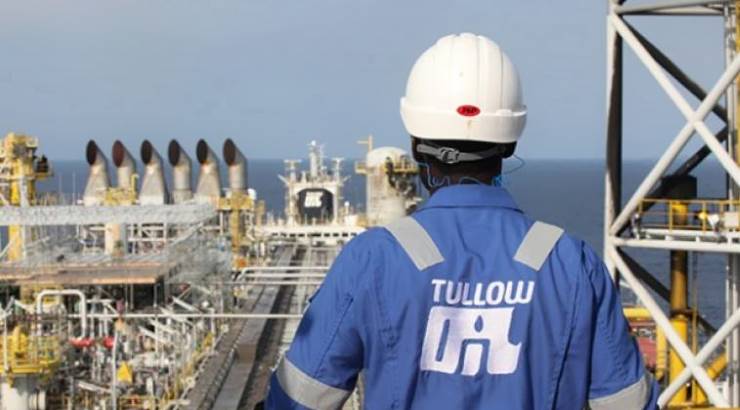Company News
UK Firm Designs Sh120bn Turkana-Lamu Oil Pipeline
The project will be completed ahead of the 2021 Lokichar oil production target.

British energy services firm Wood Group Plc has completed design work for a massive pipeline that will move crude oil from Lokichar fields in Turkana to the port of Lamu.
The company, which was in March 2018 appointed by Kenya to undertake the Front End Engineering Design (Feed) for the 824km Lamu-Turkana oil pipeline, has delivered two design options with a cost variation of Sh10 billion.
According to Wood Group, the first option comprising a pipeline with onshore storage facilities will cost Sh120 billion – while one with floating storage will cost Sh110 billion.
The onshore storage option involves the construction of a small facility and the lease of a very large crude carrier (VLCC) with a storage capacity of 1.45 million barrels acting as a permanent store moored at berth three at the port of Lamu.
Offloading will make use of pumps on the VLCC to push one million barrels of crude oil in Suezmax export tankers.
The floating option encompasses a conventional tank farm with three floating roof storage tanks with a storage capacity of 1.5 million barrels.
For this option, offloading will utilise large flow pumps to move a million barrels of crude oil from the storage tanks into export tankers at berth three of Lamu Port.
“Overall route length has been minimised at just 68km, nine per cent longer than the straight line distance between the start and finish points,” Wood Group says in its report.
RELATED: Pipeline Project Yet to Begin as Kenya Crude Piles Up
The Lokichar-Lamu crude oil pipeline was originally estimated to cost Sh200 billion. The cost later dropped by half following Uganda’s withdrawal from plans to jointly build the pipeline with Kenya – which led to a reduction of the pipe’s diameter.
The Ugandan government opted to build its pipeline through Tanzania to the port of Tanga, a project that is estimated to cost Sh350 billion.
The conclusion of the design work now paves the way for the hiring of a contractor to implement the project on an engineering, procurement and construction basis. The contractor will pocket Sh12 billion, while the supervisor will earn Sh1.3 billion.
Kenya is not investing any cash into the project since the multinationals prospecting for oil in the country are tasked with raising funds for the construction of the pipeline.
The Turkana-Lamu oil pipeline is expected to be completed in less than two years – in time for the planned 2021 commercial production of the Lokichar oil.














